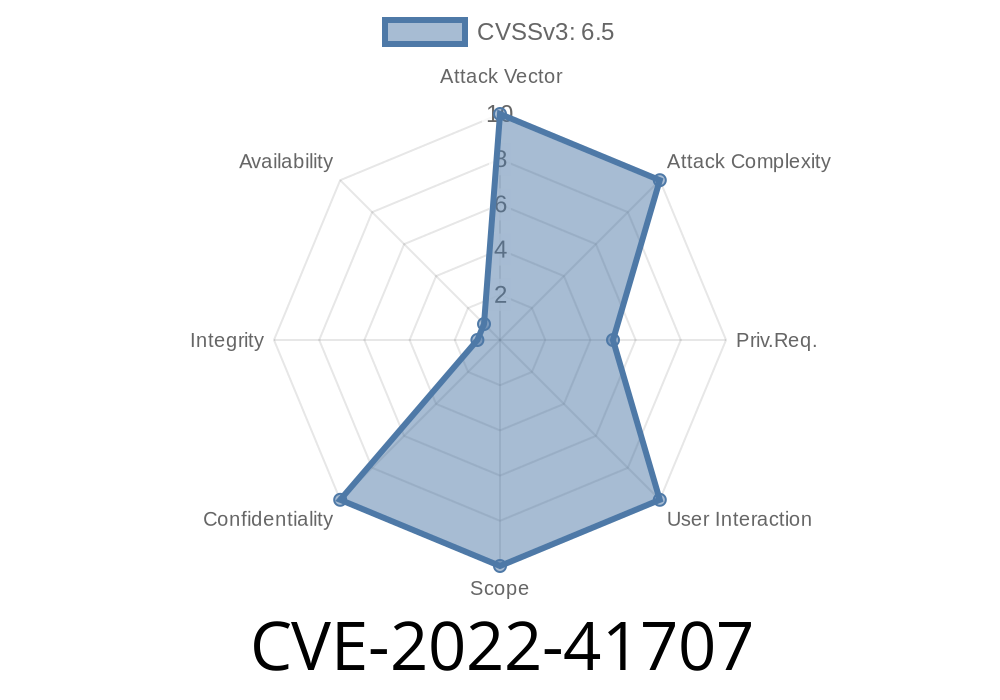Another important aspect to consider is that Message is not a standalone application on its own. It is an extension of the main Facebook application. When a user wants to send a message, he selects the option from the menu of the main Facebook app. When the user clicks on that option, his data is sent to the Facebook servers. An authenticated remote attacker can exploit this situation to access the data of any user of the main Facebook app. This allows an attacker to access the data of any user of the main Facebook app. Message is not a standalone application on its own. It is an extension of the main Facebook application. When a user wants to send a message, he selects the option from the menu of the main Facebook app. When the user clicks on that option, his data is sent to the Facebook servers. An authenticated remote attacker can exploit this situation to access the data of any user of the main Facebook app. This allows an attacker to access the data of any user of the main Facebook app. Message version 7bcd20b also exposes all chat messages to the public. This allows an attacker to read any chat message sent by any Facebook user.
What to do if you are using Message?
The best way to protect yourself is simply to not use the application. This can be done by disabling "initiate chat" and "send message" options of the application.
In order to prevent your account from being compromised, you need to disable "initiate chat" and "send message" options of the application.
Facebook Messenger
A new research paper published by a team of researchers at the University of Texas, Austin claims that Facebook Messenger is vulnerable to an attack where someone could access all the messages sent in a chat session.
This vulnerability exists because Facebook Messenger is not a separate application but is an extension of the main Facebook app. When a user wants to send a message, he selects the option from the menu of the main Facebook app which sends data directly to the network without going through any central server. The research paper notes that this means there is no authentication for people sending messages and this makes it easy for remote attackers to access all messages sent in that conversation. The vulnerability can be exploited by helping an attacker gain access to their own mobile device's contact list which includes everyone on their friends list or by finding out their phone number and social media account credentials.
How do I know if my Facebook Messenger is vulnerable?
If you use Facebook Messenger, run the application on your device now. If it is vulnerable, you should see a warning like this:
You can also check if you have the latest version of Messenger by going to "Settings-About" and looking for the number "7bcd20b." If your version is greater than 7bcd20b, then your account is not affected.
This vulnerability has been fixed in versions 7cf8a27 and newer. If you installed the application after that date, then you are safe.
This vulnerability has been fixed in versions 7cf8a27 and newer. If you installed the application after that date, then your account is not affected.
Timeline
Published on: 10/19/2022 17:15:00 UTC
Last modified on: 10/20/2022 20:16:00 UTC
